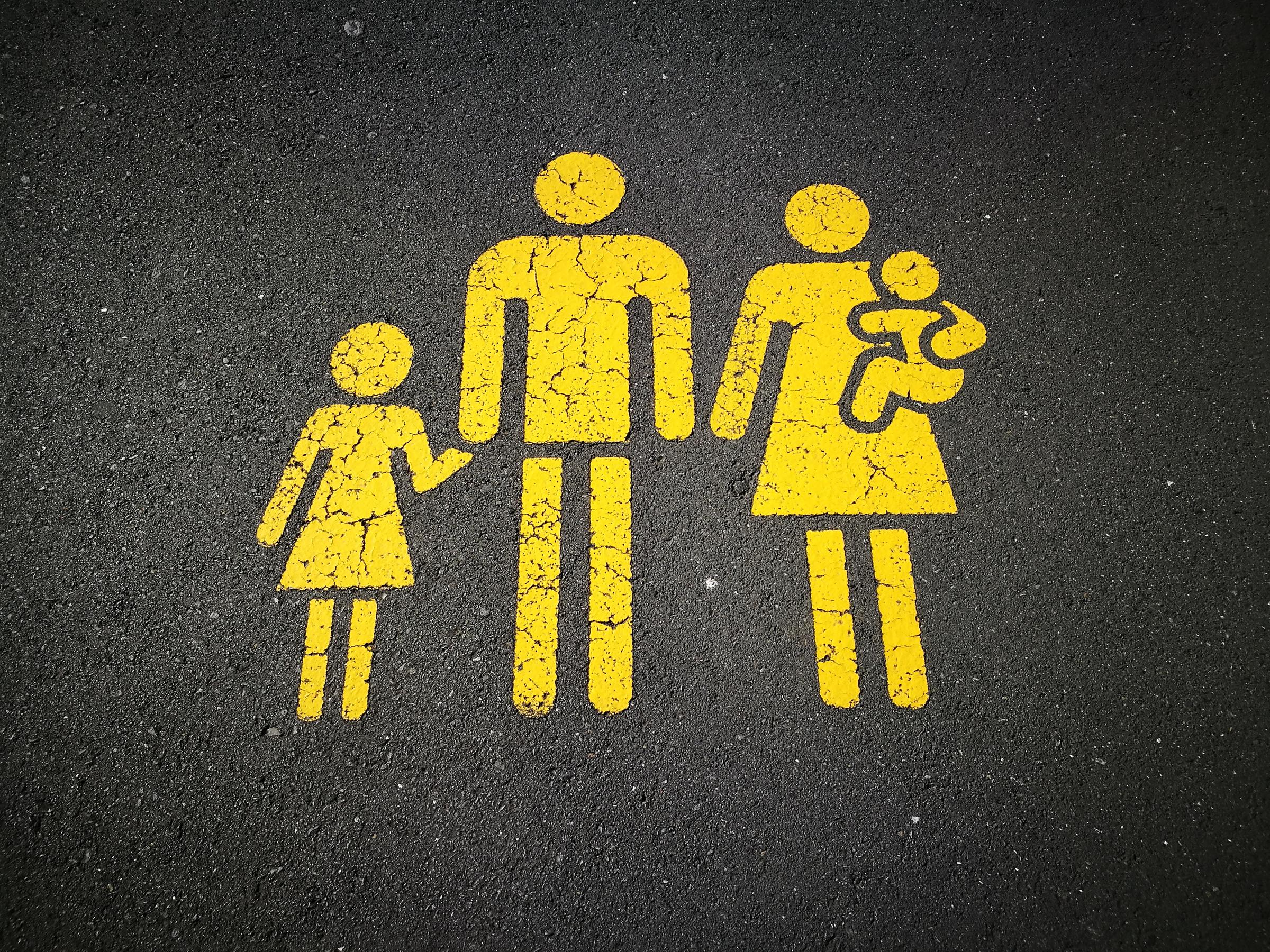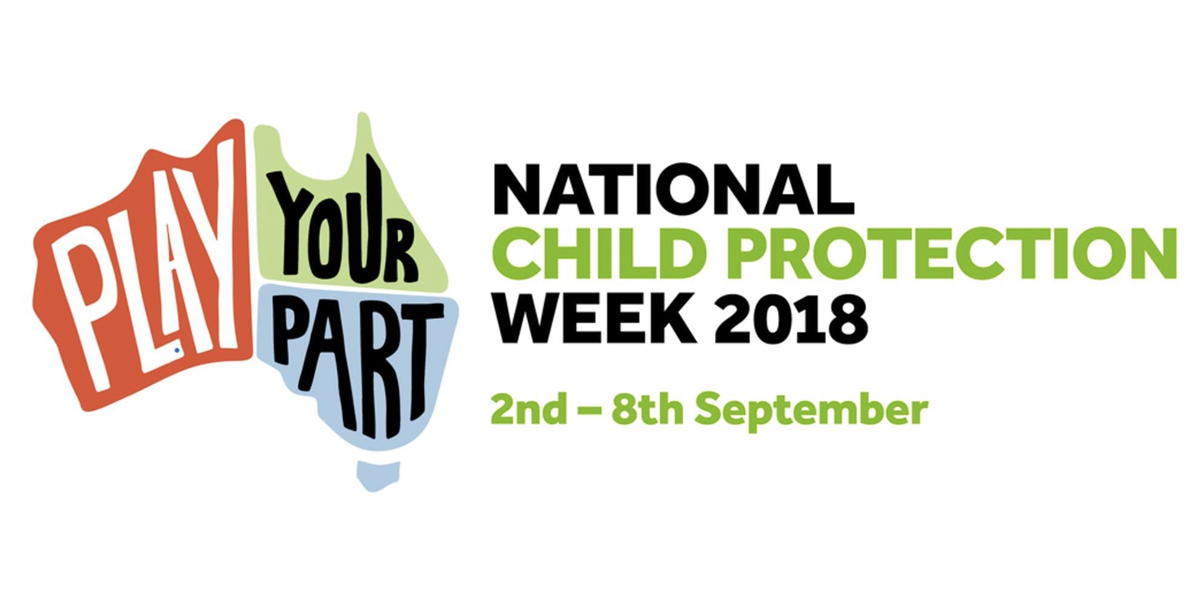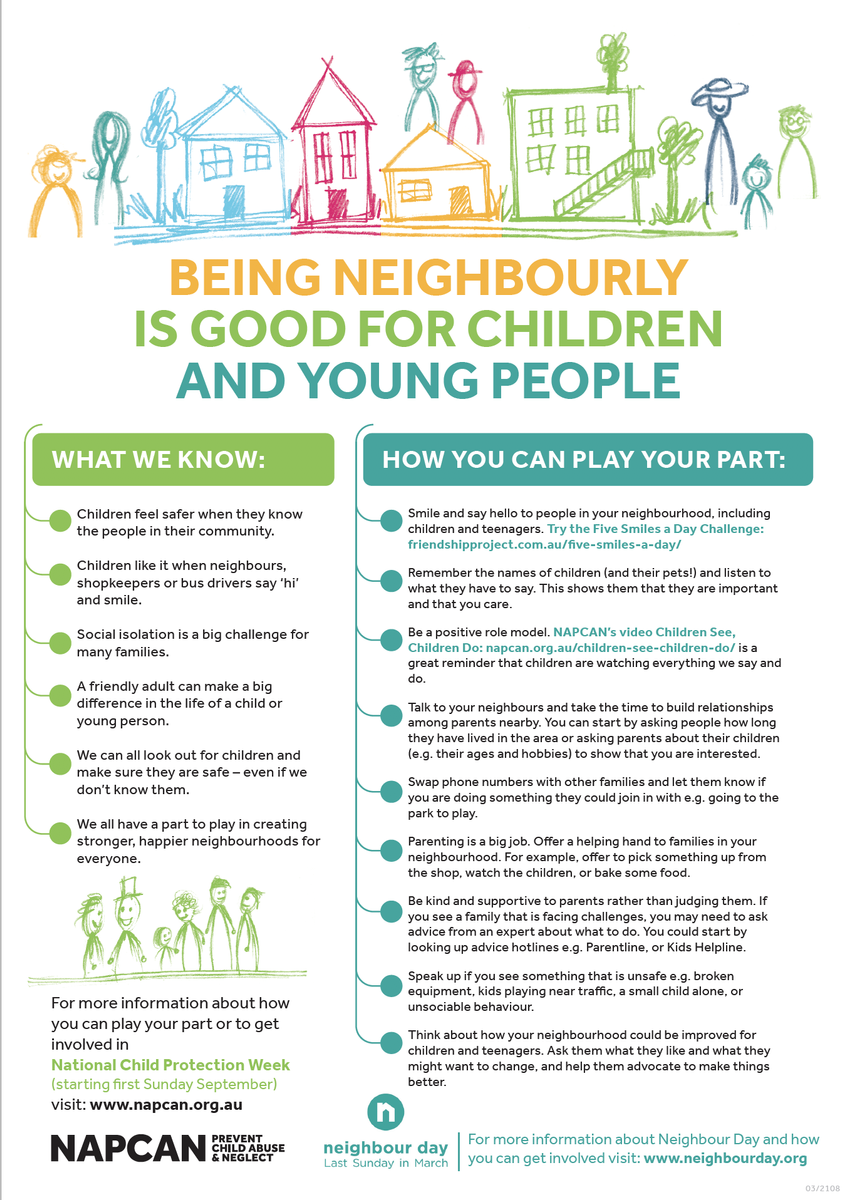WELLBEING

National Child Protection Week
From September 2-8, is National Child Protection Week and it presents us with the opportunity to acknowledge one of Australia’s most significant social problems in child abuse and neglect. In 2017, over 35,000 children were proven to be the victim of abuse or neglect. This is an incredibly alarming statistic that is made worse by the knowledge that this is the minimum number of victimised children as countless instances of abuse/neglect are not reported.
‘Child abuse’ is a broad term that encapsulates many forms of mistreatment toward a minor which is sadly still unknown among many in our society. Abuse can occur in a number of ways;
- Physical Abuse: non-accidental physical contact
- Psychological Abuse: rejection or failing to provide emotional support/care
- Sexual Abuse: Any sexual activity between an adult or older person (5 years senior).
- Neglect: Failure to provide a child’s basic needs – food, shelter, clothing, medical attention etc
- Exposure to Family Violence: Child being present and hearing/seeing while another family member is subjected to any of the above
The need for us to continue to bring this issue into the public eye is incredibly important as research proves the devastating effects abuse/neglect has on a developing child. Short-term effects can be harder to see but can include; losses in confidence/self-esteem, anxiety/depression symptomology, increased anger, problematic/deviant behaviour and relationship problems. Unfortunately, these effects are also proven to transition into adulthood with someone who suffered abuse/neglect at a younger age.
Furthermore, additional risks that can present in adulthood as a result of earlier abuse/neglect also include; increased instances of substance addiction, involvement in criminal behaviour, homelessness and a greater chance of passing on violence/abuse to future generations. The bottom line is that abuse/neglect incredibly harmful and the effects last a lifetime.
So how do we improve this issue? Governments and organisations such as NAPCAN (National Association for Prevention of Child abuse and Neglect) play a huge role in raising awareness of the issue and are able to reach large audiences with the messages and programs they offer for affected families. However, on an individual level, you can make a difference as well. Firstly, ensuring you are a positive influence in your communities is a great start. Being a role model for your children and displaying welcoming behaviours to children and families alike promotes a positive image for them to model their behaviour on. The notion of valuing all children and acknowledging what they have to say also not only empowers them but also promotes an environment that fosters the healthy growth of positive self-esteem. The fight against child abuse/neglect is a collaborative process, although ensuring the home is a safe and supportive environment for children to return is a necessary requirement to uphold.
Please select the following links if you would like more information on government prevention schemes, effects of child abuse/neglect for children and how to respond to disclosures of abuse:
https://aifs.gov.au/cfca/publications/effects-child-abuse-and-neglect-children-and-adolescents
https://aifs.gov.au/cfca/publications/responding-children-and-young-people-s-disclosures-ab
Tim Blacker
ACU Student Placement Counsellor


